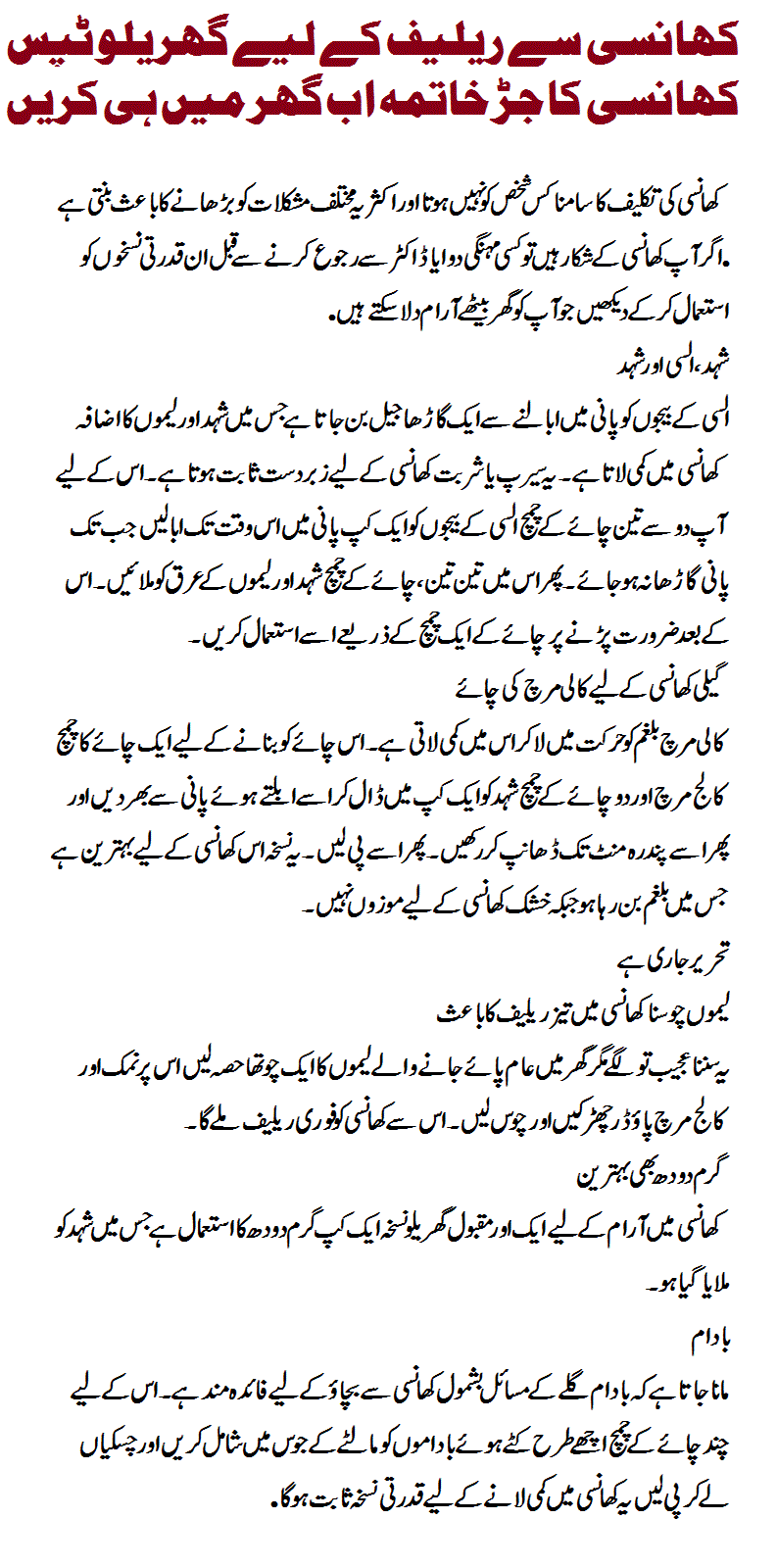A dry cough is also called an unproductive cough. Unlike productive, wet coughs, dry coughs are unable to remove mucus, phlegm, or irritants from your lungs or nasal passages.
Dry coughs can linger for weeks after you’ve had a cold or the flu. They may also be caused by a number of conditions, such as:
- postnasal drip
- asthma
- acid reflux or GERD
They may also be a long-lasting side effect from exposure to environmental toxins, such as cigarette smoke.
Dry coughs can be very uncomfortable and may occur in both children and adults. There are a number of clinical treatments you can use to alleviate them, but there are also at-home remedies which can be just as effective in many cases.
Herbs and supplements
At-home remedies for dry cough aren’t one-size-fits-all. You may have to experiment with several before you find the ones that work for you.
In addition, not all of these remedies have been fully researched and proven to be effective. Some treatments are also inappropriate for babies or children.
1. Honey
For adults and children ages 1 and up, honey can be used to treat day and nighttime dry coughing.
Honey has antibacterial properties and can also help to coat the throat, alleviating irritation.
One study in 2007Trusted Source found that honey was more successful than dextromethorphan, a cough suppressant ingredient, for reducing nagging bouts of nighttime coughing in children.
You can try taking honey by the teaspoon several times daily, or add it to tea or warm water to drink.
To avoid infant botulism, a rare complication which can occur in infants, never give honey to a child under 1 year old.

